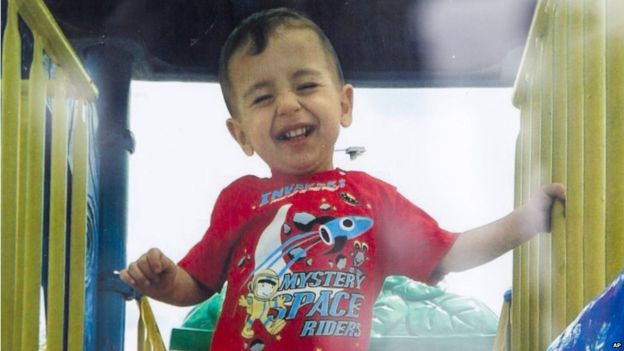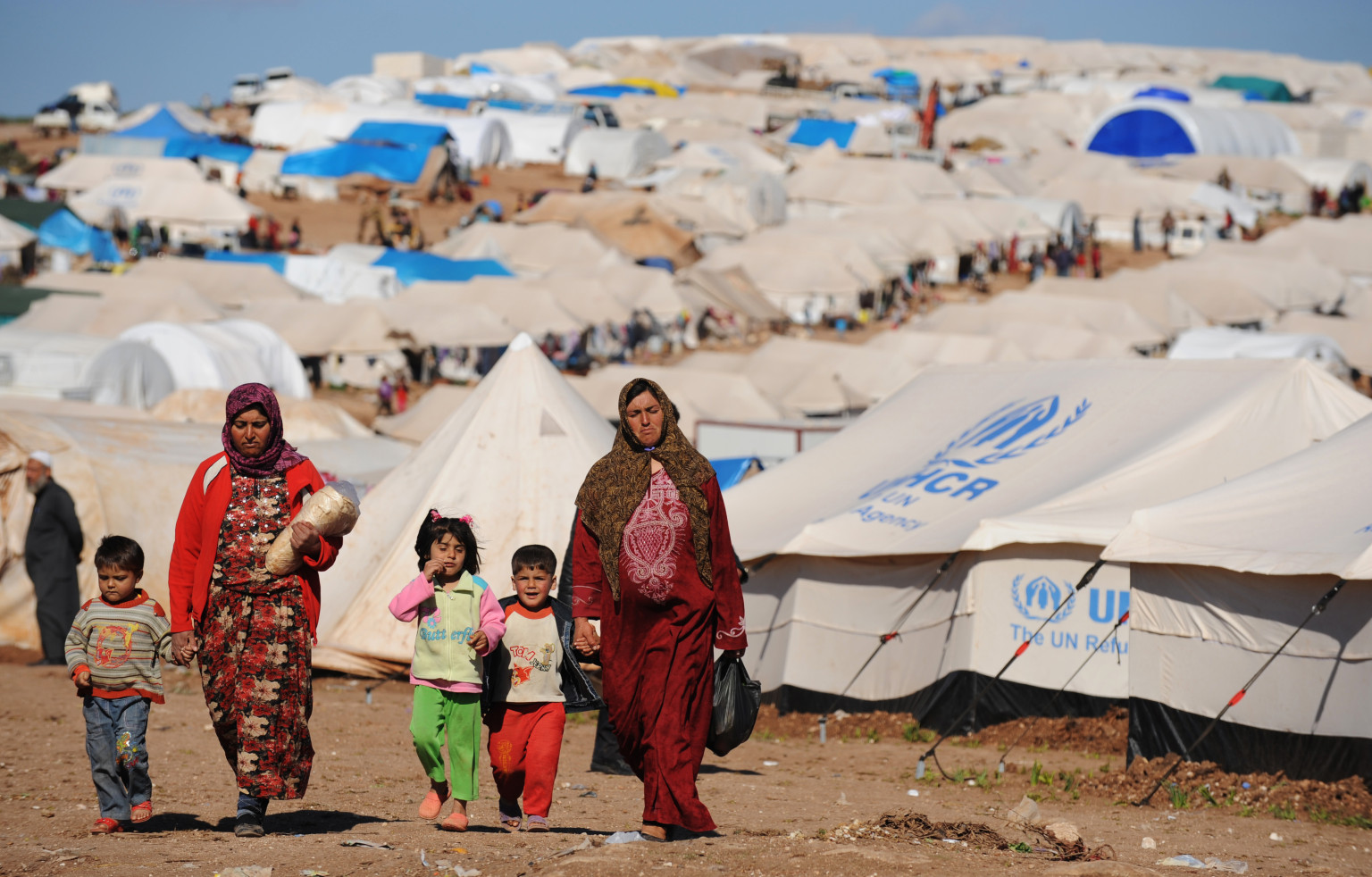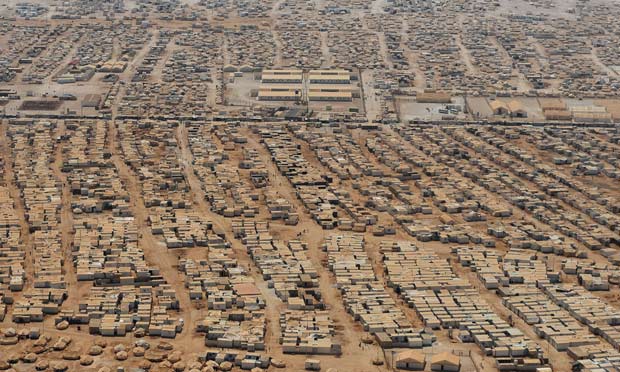We’ve all heard of the refugee crisis - maybe not in detail, but enough to know that there are serious problems going on. But hey, it doesn’t concern us, so why bother learning about it?
Then again, maybe it does concern us. Either way, global issues are an important topic to know about, even if they’re on the other side of the world. So this article will try to explain more about what exactly is happening, starting with the basics: What exactly is happening?
For the past four and a half years, there has been a civil war in Syria. This began with the
2011 arab spring protests. These were a series of revolutionary uprisings that ended several dictatorships in the Arab world. But Syria was not one of those countries. Bashar al-Assad, the current and long ruling dictator of Syria, was not forced from power by those protests. He has since continued to respond to the unrest in his country with violent acts such as gassing his own people with chemical weapons and torturing young children.
In 2011, Syria had a population of 22.4 million. 4 million Syrians have left the country in search of safety - these are the refugees. Those who did not leave have been killed, still live in their homes, or have fled within Syria to places that are temporarily safe.
So where have these 4 million Syrian refugees escaped to? 95% of the Syrian refugees have found safety in Egypt, Iraq, Turkey, Lebanon, or Jordan. The other 5% have gone elsewhere, mainly Europe.
Under international law, refugees have certain rights. This includes things the right to not
be returned to their country of origin if their safety cannot be assured and the right to not be penalized for entering a country illegally. They also have rights to basic education, religious expression, free access to courts, equal treatment under taxing authorities, etc. But the thing is, these rights do not apply until the refugees actually arrive wherever they are going. Until they have reached the country they are trying to enter, no country has any official responsibility to them.
Several European governments have openly said that they do not want refugees to come to their countries and have been actively hostile against refugees seeking asylum. One of the reasons why the journey to find asylum in Europe is such a difficult and dangerous journey for Syrian refugees is because many European governments want it to be. If there were more safe and legal ways for refugees, there would be many many more refugees in Europe, which some European governments do not want. And their reasons for denying these refugees asylum have become increasingly irrational - and European countries aren't the only ones against the admittance of refugees.
America says immigrants cause more crime. Or at least, the government does; statistics prove that immigrants actually cause much less crime than the average American. And that’s not even the most offensive argument. Hungary wants to “keep Europe Christian”, nevermind that they are required to accept any refugees, regardless of religion. Poland has even gone so far as to say that refugees are “human trash unwilling to work.”
And what about Canadians? “We could drive ourselves crazy with grief if we look at at the millions of people in danger. We do what we can to help,” says Stephen Harper. But what are we doing? Not enough. Canada is accepting 30% less refugees than we were 10 years ago. Despite the fact that the Syrian refugee crisis is nothing new (it has been growing for years and years), Stephen Harper still has no specific plan on how to get more refugees to Canada safely and legally.
Hostility of the governments of other countries isn’t the only problem refugees are facing. Not only are there people fleeing Syria, there are also many coming from other countries such as Eritrea, Afghanistan, and Somalia. The UN, which sets up camps for the refugees, doesn’t have nearly enough money to provide for so many, and this is becoming a serious issue.
We like to tell ourselves that this isn’t our problem. But it really is. After all, all those people need somewhere to go, and if we keep denying them what they need, we’ll only cause more loss of life.
 |
| 3-year-old Alan Kurdi, who died trying to escape Syria when the boat he and his family were on capsized. |
As you can see, the refugee crisis you've only heard about on the news actually affects far more people than you'd expect. Like it or not, this is everyone's problem. The question is, can you do to help?
As was mentioned before, the UN needs money in order to set up proper places for refugees to stay. You can help them by donating to the following link: http://donate.unhcr.org/international/general/#_ga=1.29610806.829388110.1441552177. You can also keep an eye out for initiatives at school that will benefit Syrian refugees. If you want to find out more, there are many other sources with much more information. This article has only touched on this issue.









Just wanted to say Hello.
ReplyDelete